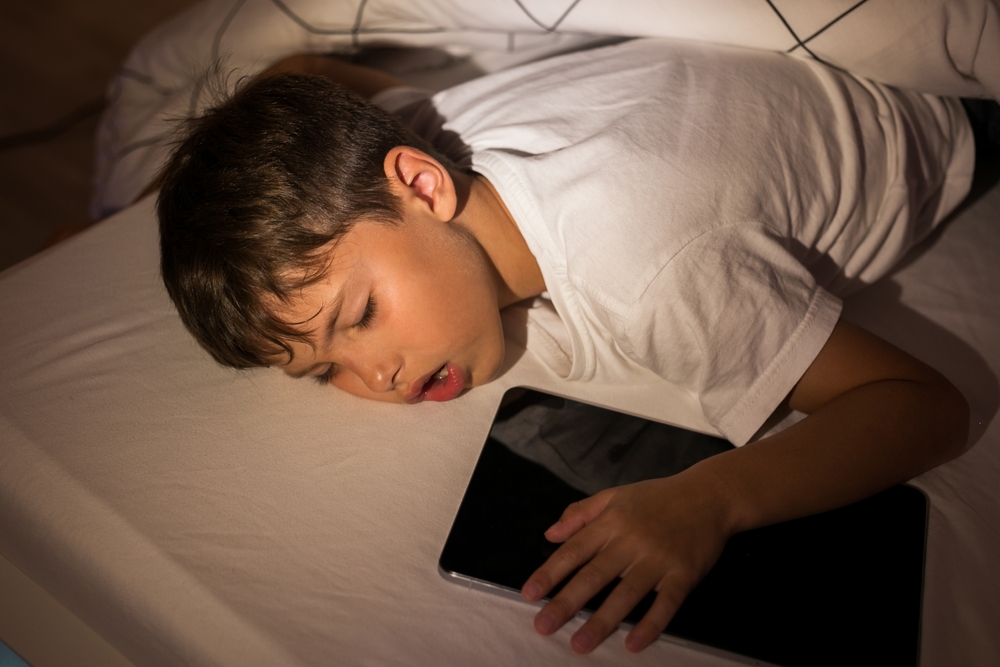Quality sleep is essential for the mental health and well-being of teenagers, yet many struggle to get enough rest due to various factors, including busy schedules and digital distractions. Sleep hygiene, which encompasses the habits and practices that promote healthy sleep, plays a crucial role in ensuring that teens get the rest they need. This article explores the importance of sleep hygiene for teen mental health, highlighting its impact on mood, cognition, and overall well-being.
Effects of Poor Sleep Hygiene on Teen Mental Health
Poor sleep hygiene can have detrimental effects on teen mental health, including, but not limited to:
- Mood Disorders: Inadequate sleep can contribute to mood disorders such as depression and anxiety, as it affects the brain’s regulation of emotions.
- Cognitive Function: Lack of sleep can impair cognitive function, including memory, concentration, and decision-making, which can impact academic performance and daily functioning.
- Behavioral Issues: Sleep deprivation can lead to irritability, impulsivity, and other behavioral issues, affecting relationships and overall quality of life.
- Risk of Substance Use: Teens who do not get enough sleep may be more likely to engage in substance use to cope with fatigue and stress.
Prioritizing good sleep hygiene is essential for maintaining optimal mental health and well-being in teenagers.
Benefits of Good Sleep Hygiene
Implementing good sleep hygiene practices can have numerous benefits for teen mental health, such as:
- Improved Mood: Establishing a regular sleep schedule and ensuring adequate sleep can improve mood and reduce the risk of mood disorders.
- Enhanced Cognitive Function: Quality sleep supports cognitive function, helping teens perform better in school and daily activities.
- Better Stress Management: Adequate sleep helps regulate stress hormones, improving the ability to cope with stress and challenges.
- Physical Health: Good sleep hygiene is linked to better physical health, including a stronger immune system and lower risk of obesity and chronic diseases.
Through practicing good sleep hygiene, teenagers can enhance their overall well-being and quality of life.
Tips for Good Sleep Hygiene:
Incorporating healthy sleep habits into daily routines can promote better sleep hygiene; consider the follow suggestions:
- Consistent Sleep Schedule: Going to bed and waking up at the same time every day, even on weekends, helps regulate the body’s internal clock.
- Create a Relaxing Bedtime Routine: Engaging in calming activities before bed, such as reading or taking a warm bath, signals to the body that it’s time to wind down.
- Limit Screen Time: Avoiding screens, such as smartphones and computers, before bed can improve sleep quality by reducing exposure to blue light, which can disrupt the sleep-wake cycle.
- Comfortable Sleep Environment: Creating a comfortable sleep environment, including a cool, dark, and quiet room, can promote better sleep.
- Limit Caffeine and Stimulants: Avoiding caffeine and other stimulants in the afternoon and evening can help prevent sleep disturbances.
Implementing these tips can help teens establish a bedtime routine that promotes restful and rejuvenating sleep.
Key Takeaways
- Poor sleep hygiene can contribute to mood disorders, cognitive impairment, and behavioral issues in teenagers.
- Good sleep hygiene promotes better mood, enhanced cognitive function, and improved stress management.
- Tips for good sleep hygiene include maintaining a consistent sleep schedule, creating a relaxing bedtime routine, and limiting screen time before bed.
- Prioritizing sleep hygiene is essential for supporting teen mental health and ensuring they get the rest they need to thrive.
Ensuring good sleep hygiene is crucial for supporting teen mental health and well-being. By understanding the impact of sleep on mental health and implementing healthy sleep habits, teenagers can improve their mood, cognitive function, and overall quality of life. Prioritizing sleep hygiene is essential for helping teens thrive academically, socially, and emotionally.
For Information and Support
Every family in need of mental health treatment must select a program that will best suit the needs of their family. When one member of a family struggles, it impacts everyone in the family unit. To maximize the benefits of treatment we work closely with the entire family to ensure that everyone is receiving the support they need through these difficult times.
Seeking help is never easy, but you are not alone! If you or someone you know needs mental health treatment, we strongly encourage you to reach out for help as quickly as possible. It is not uncommon for many mental health difficulties to impact a person’s life, long term. Pursuing support at the beginning of one’s journey can put the individual in the best position to learn how to manage themselves in a healthy way so they can go on to live happy and fulfilling lives.
OUR KNOWLEDGEABLE ADMISSIONS TEAM CAN BE REACHED 24/7 AT INFO@PACIFICRTC.COM OR CALL: 800-531-5769
We are available to answer any questions you may have regarding mental health treatment and our residential program, anytime. Contact us today using the form to the right.






